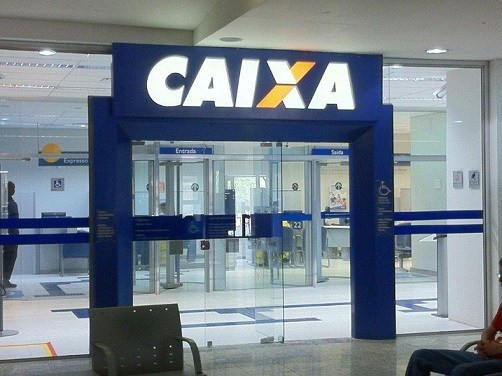RIO DE JANEIRO, BRAZIL – The Caixa Econômica Federal announced yesterday, February 20th, the introduction of a new fixed rate housing credit line. Contracts can begin starting today, February 21st, with interest rates ranging from eight to 9.75 percent per annum, depending on the financing period and the customer’s relationship with the bank.
“We will allow people to take out loans for 20 or 30 years, knowing from day one how much they will pay,” said Pedro Guimarães, the president of Caixa, during a ceremony to release the new credit line at the Planalto Palace.

These conditions are applicable to new and used residential properties, with a financing quota of up to 80 percent of the properties’ value. Clients may choose between SAC repayment systems (with decreasing installments), for contracts of up to 360 months, or Price (fixed installments), for financing of up to 240 months.
Last year, the president of Caixa had anticipated the bank’s plan to introduce pre-fixed housing credit. On Thursday, he explained that customers now have three contracting options: with correction by the Reference Rate (TR), defined by the Central Bank; by inflation, measured by the Broad National Consumer Price Index (IPCA); or without correction.
“What do we want to offer society? Options. We do not want to tell clients what they have to do. So we offer credit indexed by TR, by inflation, which in this administration is at its lowest level, and now we offer without inflation and without TR,” he said.
Inflation-adjusted housing credit was adopted in August last year by Caixa. In this system, interest rates vary from 2.95 to 4.95 percent. Rates by the TR, on the other hand, range from 6.5 to 8.5 percent.
During his speech, President Jair Bolsonaro commented on the current housing finance options. “Who could ever think of someone talking about fixed-rate housing loans? My father lived in 20 rental properties. These days he wouldn’t have that problem,” he said.
For the Minister of Economy, Paulo Guedes, measures such as those announced yesterday by the Caixa show that the government is democratizing access to credit, by including “Brazilians from the lower classes” in real estate financing.
And this is only possible, according to him, because the structural reforms being implemented are allowing interest rates to lower and the economy to rebound. Today, the basic interest rate, the SELIC, stands at 4.25 percent per year, the lowest in history.

“When we conduct economic policy we are thinking of all Brazilians and particularly the most modest. The old model, with high interest rates, converted businessmen, Brazilian entrepreneurs, into rentiers, instead of investing and creating jobs. And it is precisely the most modest families, even housemaids, to whom I apologize if I have offended, saying that my father’s mother was a housemaid. What’s wrong with making a reference like that, showing that prices are pushing the population in wrong directions? A Brazil filled with natural wonders and people thinking about not traveling to the Northeast, for instance, because it was 50 percent more expensive to travel to the Northeast than to travel abroad,” Guedes said.
The minister’s speech was a reference to the statement he made last week saying that the higher dollar discourages Brazilians from traveling abroad. At the time, he advised tourists to stop traveling to other countries every year and get to know Brazil better.
In 2019, Caixa granted R$26.6 billion in real estate credit under the Brazilian Savings and Loans System (SBPE), which has funds raised mainly from savings deposits by banks and other financial institutions.
Clients may perform simulations and learn more about the financing options on Caixa’s website.
(Source: Agencia Brasil)

